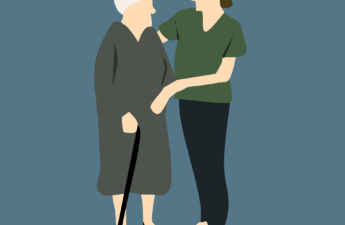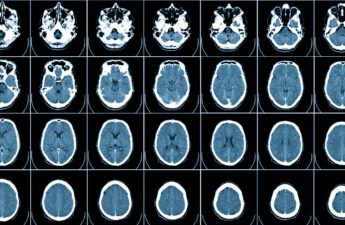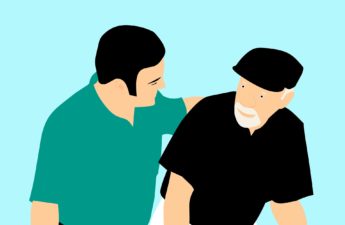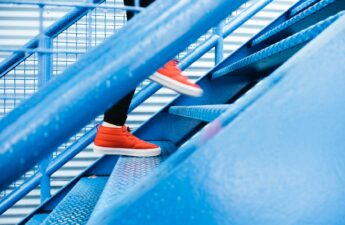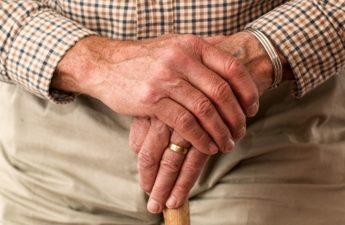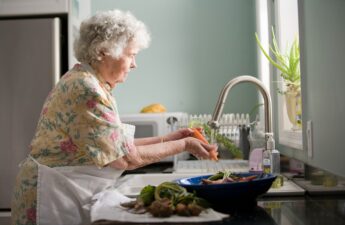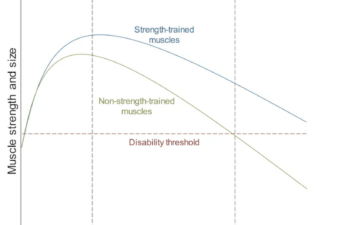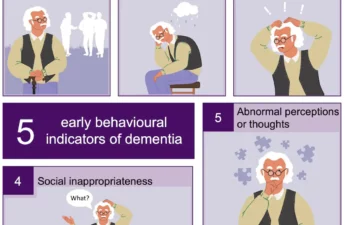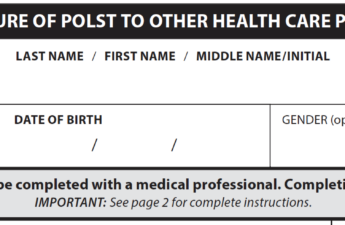Category: Aging
U.S. Has Lowest Life Expectancy Among Rich, English-Speaking Countries: Study
A new study comparing expected lifespans among six high-income English-speaking countries found that Australians live the longest while American lifespans faltered over the last three decades.
Older adults want to cut back on medication, but study shows need for caution
Many with heart issues or diabetes say they’d like to take less medication, but pharmacists and prescribers need to offer personalized guidance for deprescribing
Looking for nursing home info?
Medicare.gov makes it easy to find and compare nursing homes in your area. Personalize your results by filtering for what matters most to you — like inspection results, location, quality ratings, and more.
What’s the difference between Alzheimer’s and dementia?
Dementia is an umbrella term used to describe a range of syndromes that result in changes in memory, thinking and/or behaviour due to degeneration in the brain.
To meet the criteria for dementia these changes must be sufficiently pronounced to interfere with usual activities and are present in at least two different aspects of thinking or memory.
Millions of older people don’t get enough nutrients – how to spot it and what to do about it
Weight loss in older adults is a key sign of malnutrition that needs to be addressed – but it can be easily missed, especially when many older adults associate the idea of thinness with good health. But clothing that’s too loose or a watchstrap that floats on the wrist are all warning signs of undernourishment.
More than a third of people with dementia don’t know they have it – what to do if you suspect your partner has the condition
Dementia can present very differently in each person, so it’s about knowing what’s normal for your loved one. A person who has always been conscientious and organised starting to unravel is very different from a scatterbrained person just being slightly more scatterbrained.
Lifestyle changes can reduce dementia risk by maintaining brain plasticity — but the time to act is now
There are several new drugs making their way to the market for Alzheimer’s disease (one of the most common forms of dementia). However, they are still far from a cure and are currently only effective for early-stage Alzheimer’s patients. So lifestyle changes may be our best hope of delaying dementia or not developing dementia at all.
Your biological age predicts dementia and stroke regardless of your actual age – new study
while we all grow older chronologically at the same pace, biologically, our clocks can tick faster or slower. Relying solely on chronological age – the number of years since birth – is inadequate to measure the body’s internal biological age.
Older adults want to ‘age in place,’ but their options are limited in most states
As America gets grayer, advocates are pushing for new types of housing. By Robbie Sequiera, Staff ReporterStateline As older adults begin to outnumber young people in the United States in the coming decade, advocacy groups are challenging states to shift…
Steep physical decline with age is not inevitable – here’s how strength training can change the trajectory
As people age, it can become more and more difficult to perform some physical tasks, even those that are normal activities of daily living. However, prioritizing physical fitness and health as you get older can help you go through your normal day-to-day routine without feeling physically exhausted at the end of the day.
Early indicators of dementia: 5 behaviour changes to look for after age 50
Five signs to look for: Apathy, affective dysregulation, lack of impulse control, social inappropriateness, and abnormal perceptions or thought.
How Advance Care Planning Neglects Black Americans
Advocates say such advanced care plans are especially important for Black Americans, who are more likely to experience racial discrimination and lower quality care throughout the health care system. Advance care planning, they say, could help patients understand their options and document their wishes, as well as reduce anxiety for family members.
Biden Administration Proposes New Standards to Boost Nursing Home Staffing
The nation’s most thinly staffed nursing homes would be required to hire more workers under new rules proposed on Friday by the Biden administration, the greatest change to federal nursing home regulations.
There’s no age limit for politicians − as people live longer, should that change?
Joe Biden, Mitch McConnell and Diane Feinstein are all over 80 years old, joining a number of politicians who are staying in office well past their 70s.
Aging with a healthy brain: How lifestyle changes could help prevent up to 40% of dementia cases
By adopting positive lifestyle habits, we could theoretically prevent about 40 per cent of dementias. While there is no guarantee of warding off cognitive decline, people can greatly reduce their risk of dementia by increasing their physical activity levels, ensuring they are mentally active and increasing social contact, while avoiding smoking and limiting alcohol consumption.


